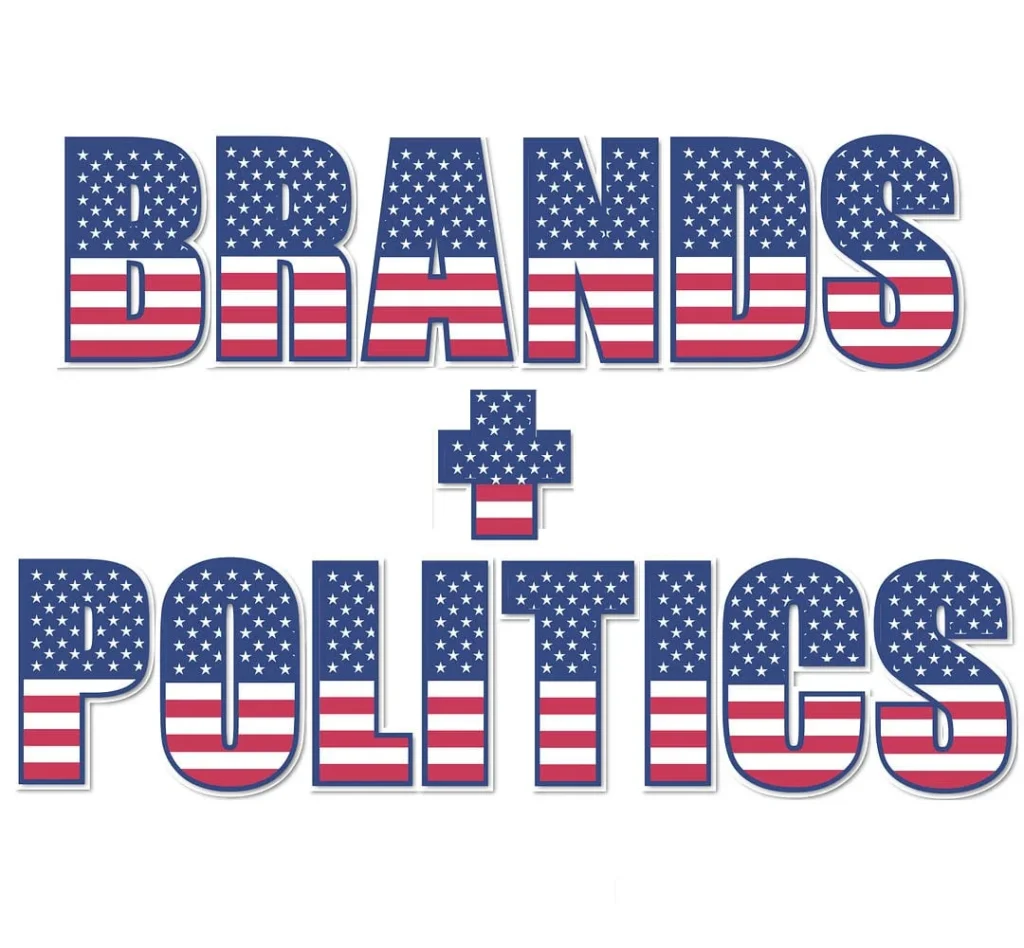Brands taking a political stance or engaging in issue advocacy are hot topics. Several board members of the American Marketing Association New York weighed in the question: Should brands take a political stance? If so, how should they approach political or social activism?
Board Member Dorothy Crenshaw
Founder of Crenshaw Communications, a public relations firm that has provided the inspiration and initiative behind a range of high-profile and award-winning campaigns for clients.
There is a true erosion of trust in many of our institutions – government, faith, and media – and businesses can help. Not with shallow newsjacking campaigns, but with solid marketing and communications that convey their values as employers, businesses, and brands.
Far from brands staying in their lane, responsible brands should step up, and do it now. Most large companies have the respect of their communities, credibility among elected officials, and huge advertising clout.
It’s not an overstatement to say that our very democracy is being threatened with malignant propaganda. Businesses can help. They can champion the truth, for starters. It doesn’t have to be partisan; in fact, there are plenty of bipartisan initiatives to support and opportunities to speak out on tough issues without being divisive and destructive.
We need the involvement of business now more than ever.
Board Member Craig Charney
President of Charney Research, a market research and strategy firm specializing in global markets with decades of experience in more than 45 countries.
When should a brand take a political stance? When it helps the brand, or when the brand’s leaders feel compelled to do so as community leaders, not just corporate chiefs. From a brand point of view, decision-makers must ask themselves if the brand has expertise, relevant things to say, or activist roots.
Another factor is the potential reaction of customers. Harvard Business Review research found when a cause is supported by two-thirds or more of the public, the risk of blowback from issue advocacy is fairly low. Much depends on the customer base. Nike’s Colin Kaepernick ads were unpopular with the general public – but boosted sales. Young people and people of color liked it—and they buy the brand. Nike’s political stance was as good for business as it was brave.
Executives need to consider whether they should and can make an impact before engaging in issue advocacy or taking a political stance. I studied the role companies played to end apartheid in South Africa. The common factor among executives who helped tamp down political violence was a moral and religious conviction that it was the right thing to do. In a time of national political transition or crisis, businesses can play an important stabilizing role.
Before Taking a Political Stance: Key Questions for Brands
-
- Why do this?
- Who is the target?
- What is this going to achieve regarding the political stance?
- Does this brand have standing to lead on this issue particularly?
- Does it turn off as many people as it pleases?
- How does this stand affect brand credibility?
- Is it authentic to the brand?
- What is the impact on the business?
- Is this the best use of our resources?
Board Member Lisa Merriam
Lisa is a brand consultant who helps create and build profitable brands.
Everything has become too politicized and binary. Brands need to take care not to label their opinions as “the truth” and others’ as propaganda. What one person calls fact, another calls bogus. People can disagree in good faith.
Taking a divisive social or political stance, particularly one that doesn’t fit the brand, can damage credibility and a customer’s relationship with a brand. An example: DORITOS® claims it “isn’t just a chip. It’s fuel for disruption” with the “aim to redefine culture.”
All that through corn chips? Really?
I ran the “Christmas Coming Out” DORITOS advertisement past a racially diverse group of teen boys (a key demographic), one gay. They said in unison: “Why?”
Next: “It’s chips, brah.”
Third: “Everything is lecturing you now.”
Fourth: “If my Hispanic dad doesn’t want me to be gay, it’s not like he’s going to think: ‘Well if DORITOS says…'”
Fifth: “What’s the point?”
Sixth: “I don’t listen to chips.”
Was that reaction worth it to DORITOS? Some might say it sparked a conversation. It can just as easily cause people to tune out.
Brands may be losing their eagerness for issue advocacy. Talking about advertisers pulling out of the Super Bowl, ad agency executive Bill Oberlander noted the divided country: “I don’t think that there’s a commercial that will appease both sides.”
Do we need more divisiveness? Do we need or shoes, chips, make-up, and ice cream brands laying claim to “the truth” when it comes to politics and social issues? Maybe we need a return to being inclusive; come back to celebrating diversity, tolerance, and coexistence. Diversity is better for brands—and the country—than them telling us what to think.
Board Member and Chapter President Karen McFarlane
Founder of Kaye Media Partners, a strategic marketing practice that helps industrious high-growth companies accelerate their sales and marketing efforts for growth.
Brands are not regulated. Full stop. They are free to grow and evolve in pursuit of their mission and purpose – wherever that may lead. In fact, they have been taking political stances for decades. The question is – is their political stance authentic to their brand?
Ben & Jerry’s has a long history of political activism, so their activities are rooted in who they are. In response to the Parkland shooting, Dicks Sporting Goods stopped selling assault rifles as part of their newly formed commitment to gun control. Even Woolworths took a stand to uphold segregation by refusing to serve four black teens only to acquiesce six months later amidst nationwide outrage in the 1960s.
As the world shifts, so must a brand’s relationship with its consumers or risk failure. They also risk backlash. Key point – don’t just react to the moment. Change with the times. Be thoughtful, purposeful, and intentional in your approach to what could be deemed a political matter. Lead with a people approach rather than a business one. Sometimes your stance will alienate large swaths of buyers. You just have to decide if your beliefs are worth it, and then shift lanes to prove it.

















